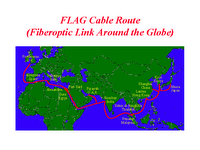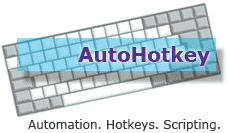As my colleague H. Amir Khalid wrote for In.Tech:
It's 1997 all over again for Net users
Apparently, Jaring users will be worse off. According to Jaring CEO Mohd Awang Lah, the Asia Pacific Cable Network 2 (APCN 2) was not the only one damaged. The FLAG Cable network, which is one of Jaring's main backup lines, was also hit by the earthquake.

The slow Net access must be particularly frustrating for MMO (massively multiplayer online) gamers. Interestingly, I had signed up for a free 10-day trial of World of Warcraft about a week ago. Since the earthquke, WoW has been unplayable; you either can't log in or you get booted out after a few minutes. Maybe it's for the better; despite all the hype about WoW, it doesn't seem too compelling to me. I'm only a level 13 Paladin, BTW. WoW feels very much like Everquest II, which I played for only two months before getting bored.
Anyway, Happy New Year to all, and here's to faster and more reliable Net access in the year ahead.
